Analysis of Civil-Military Relations in South Korea Following Yoon’s Coup Attempt
South Korean President Yoon Suk-yeol’s attempt at a self-coup through martial law on December 3 failed after six hours, highlighting the fragile civil-military relations in South Korea. Rooted in a history of military dictatorship, the current military’s political ties raise concerns about democracy’s resilience. The incident signals the need for significant reforms in civil-military dynamics to prevent future authoritarian tendencies and ensure the integrity of democratic governance.
On December 3, South Korean President Yoon Suk-yeol attempted a self-coup by declaring martial law, reflecting his desperate attempt to maintain power amid waning popularity and scandals. This marked the first martial law declaration since the military dictatorship in South Korea ended in 1987. However, Yoon’s attempt was short-lived, lasting only six hours before being rescinded unanimously by the National Assembly. Consequently, he faces impeachment and potential treason charges. This incident starkly illustrates the continuing influence of South Korea’s historical military rule and highlights the fragile state of civil-military relations in the nation. Despite the belief that South Korea had transitioned to stable democratic governance, the events of December suggest that the military’s political neutrality is still compromised.
The roots of Yoon’s actions can be traced back to the authoritarian military governments that ruled South Korea from 1961 to 1987. Even with democratic progress, critical civilian security roles are often filled by former military officers, perpetuating a concerning relationship between the military and civilian governance. This has led to a lack of impartiality within national defense leadership, where the military’s conservative alignment can undermine democratic principles. The recent coup attempt and the history that informs it raise alarms about the concentration of power and the risk of political manipulation using military resources.
The influence of previous military regime structures persists, with a notable inequity in power distribution among military leaders. Each defense minister under Yoon was connected through their military academy, fostering an environment where loyalty to the leader trumps duty to the nation. This situation has incited a culture within the military that conflates threats to the regime with threats to national security, as evidenced by the rhetoric surrounding the self-coup. Statements made by Yoon’s military advisors indicate a willingness to suppress political dissent under the guise of national protection.
The South Korean military’s persistent partisanship, evident from its historical opposition to progressive movements, adds another layer of concern. Attempts to impose martial law during former President Park Geun-hye’s impeachment process further emphasize the military’s readiness to act against civilian governance when provoked. The current crisis exemplifies how the military’s allegiance to an individual leader, rather than the nation itself, can jeopardize public safety and democracy.
Ultimately, Yoon’s failed self-coup serves as a cautionary tale regarding the potential regression of civil-military relations in South Korea. The country stands at a crossroads, with an urgent need to reform its military structures to ensure a future free from the shadows of dictatorship. Proposed reforms include a moratorium on former military personnel occupying defense roles and increased diversity in leadership positions to prevent the concentration of power within homogenous backgrounds. The military’s curriculum should also incorporate lessons on democratic principles to guide future leaders in maintaining civil-military dynamics that respect the rule of law and democratic governance.
Civil-military relations in South Korea have historically been fraught with tension, stemming from a prolonged period of military dictatorship that concluded in 1987. Post-dictatorship, it was assumed that South Korea had made significant strides toward establishing a robust democracy; however, recent events indicate that military influence in politics remains a critical concern. The historical relationship between military leadership and political power has resulted in a troubling readiness among military leaders to act against civilian authority, raising questions about the integrity and independence of South Korea’s democratic institutions.
The recent attempted self-coup by President Yoon underscores the precarious state of civil-military relations in South Korea, revealing how deeply entrenched military influence persists in a supposedly democratic society. Without decisive reforms to curb military entrenchment in politics and foster genuine civilian authority, South Korea risks reverting to an authoritarian system. The situation calls for comprehensive strategies to promote democratization within the military, ensuring adherence to democratic norms and protecting the integrity of civilian governance. South Korea’s future as a thriving democracy depends on its ability to confront and dismantle these lingering vestiges of military rule.
Original Source: foreignpolicy.com
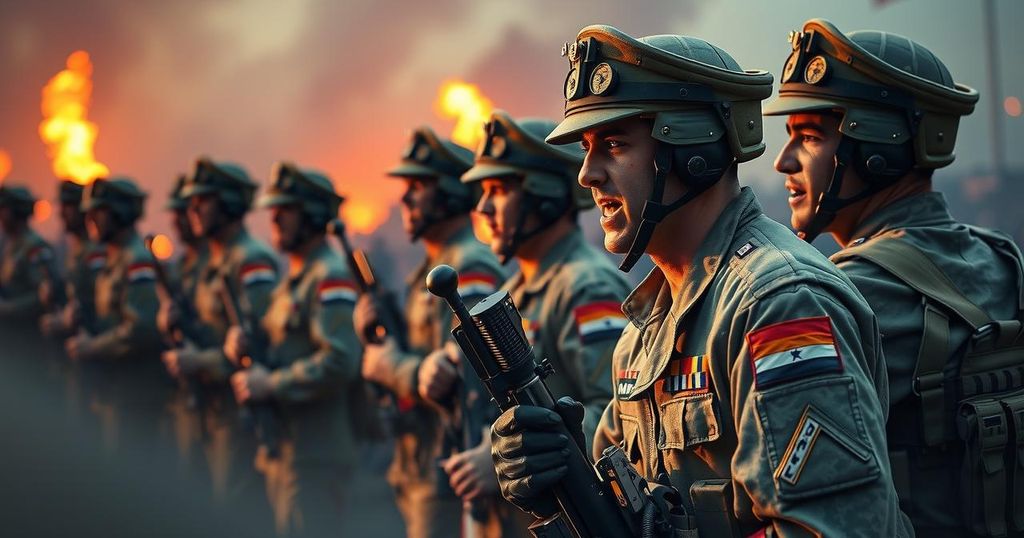
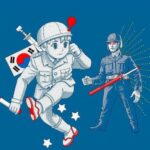
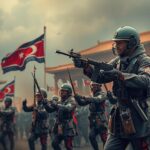
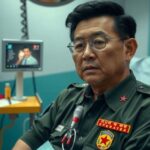
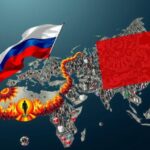
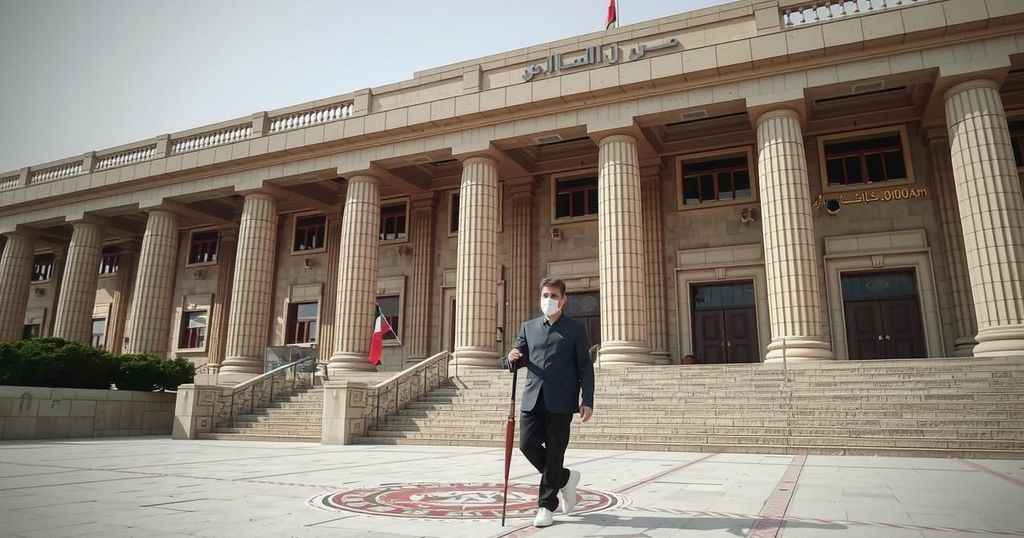

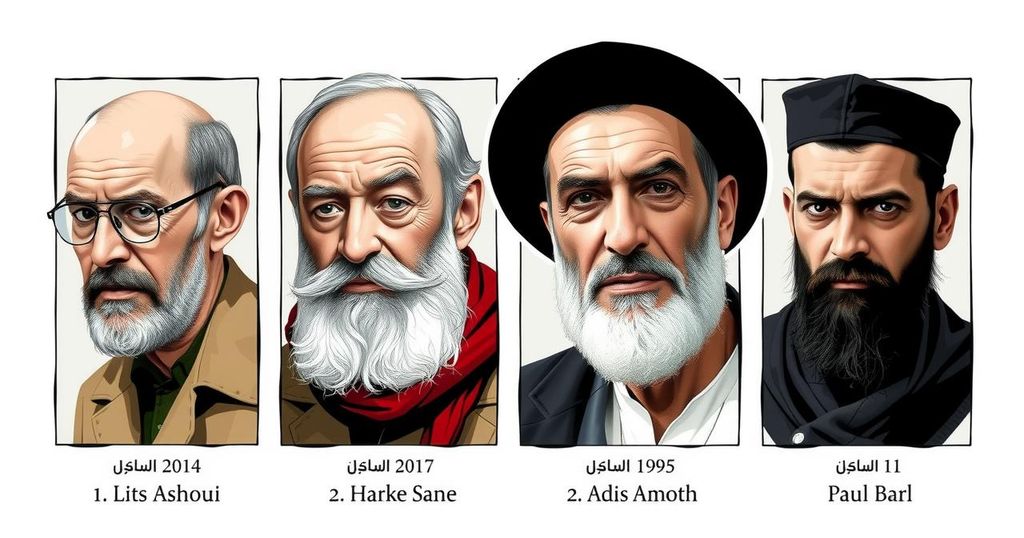
Post Comment